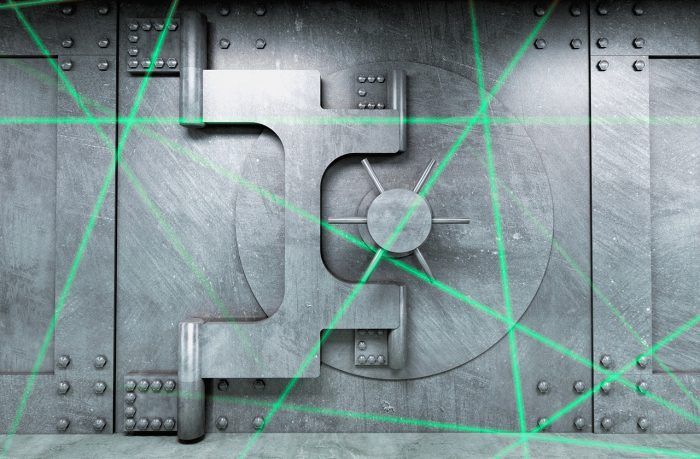
security
671 articles


7 reasons you shouldn’t post your boarding pass online
Think a photo of your boarding pass is innocent when posted online? Think again.

Good-Faith: car hacking and smartphone jailbreaking are now legal in US
“Good-faith” car hacking and mobile device “jailbreaking” are now on their way to becoming legal in the U.S. The Library of Congress’ triennial exemptions to the anti-circumvention rules within the Digital Copyright Millennium Act (DCMA), released on October 27th.

More connected, less secure: how we probed IoT for vulnerabilities
Since you started to connect all those Things to the Internet, creating IoT, your home is no longer your fortress by design. Now attackers can spy on your kid through a baby monitor or break into your house by fooling your ‘smart’ security lock.

Voice as a threat: VoLTE, a new tool to compromise mobile networks
Criminals can use VoLTE to cause connection failure, subdue voice calls, or strip the victim’s mobile account of money.

Are we putting our finances at risk with our online shopping and banking?
Nearly every person has ever faced a cyber criminal’s activity; many have become victims of banking frauds. So, how does it happen?
Security Analyst Summit 2016: See you in Spain
Early next year Kaspersky Lab will host yet another Security Analyst Summit, this time in Tenerife, Spain.

Check your Facebook privacy settings NOW
Stop what you are doing and check your privacy settings on Facebook.

How to set up Safe Money in Kaspersky Internet Security
With all of the hacks in the news, you may feel scared to shop online. Kaspersky Lab can ease your fears with the Safe Money feature of Kaspersky Internet Security 2016.

87% of Android smartphones are insecure and that’s no joke
Google’s Android OS is a vulnerable system. Developers make it worse by not providing critical patches in time.

Security Week 42: SHA-1 collisions, a real hack for routers, Android/Security/Gloom
Konstantin Goncharov explains the bottom line of tech giants’ epic fails in the new edition of cybersecurity news digest.

Tip of the week: protect your kids now
How to use a special app to protect your kids from unwanted calls and mobile fraud and be sure that your child is not playing online instead of studying.

Internet-proof your children with Kaspersky Safe Kids
What if you could be sure that your kids use Internet safely while their mobile phones are protected from fraud, unwanted calls and SMS? All you need for that is Kaspersky Safe Kids!

Tips and Tricks to Hide from Big Brother’s Watchful Eye
Tips and methods of hacking global surveillance: makeup, special clothes, eyeglasses and more.

Overcoming IT infrastructure complexity
A recent study of attitudes toward information risk shows that one in four (24%) IT specialists are concerned about the growing complexity of IT infrastructures and see this trend as a threat to security.

Security Week 40: the ‘not-really-a-vulnerability’ in WinRAR, an ancient bug in Firefox, and the oops!-update by Microsoft
What is the difference between real and theoretical threats?

Don’t be afraid of the dark: pitfalls of the smart office
Have you ever considered your smart office from an IT security viewpoint? Did it occur to you that by equipping your office with devices designed to provide life’s comforts, cybercriminals are handed even more opportunity to gain access to your corporate information and even to cause physical damage?

Banking Trojans: mobile’s major cyberthreat
Today’s smartphones are full-fledged computers much more powerful than the desktops you used 10 years ago. Your device is very likely to contain data the cybercriminals are after, like banking data.

Security Week 39: XcodeGhost, the leak of D-Link certificates, $1M for bugs in iOS9
Today’s weekly news digest covers the stories about various mistakes in coding, and how they can be used for different purposes, including earning money.

Allegedly 40 apps on App Store are infected
Your legitimate copy of Angry Birds 2 may be infected with malware that steals your private data. How could this happen?

Good security habits for everyone
Cyber-literate users possesses a variety of good habits, which protect them online and offline. What are these traits?
 aircrafts
aircrafts car hacking
car hacking connected devices
connected devices data
data #advice
#advice Android
Android #tips
#tips